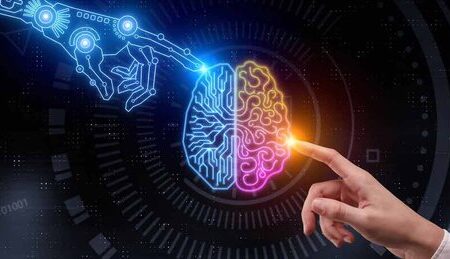Are Left-Handers Less Healthy Than Right-Handers
Some research suggests left-handed people have an increased risk of certain health conditions, but many of these studies are small or low quality. However, there may be some genetic links, particularly for ambidextrous people.
About 10% of the population is left-handed. The rest are right-handed, while about 1% are ambidextrous, meaning they have no dominant hand.
Not only are lefties outnumbered about 9 to 1 by righties, but they may be at greater risk of certain health conditions.
Why would being left-handed affect my health?
Although researchers observe higher rates of some conditions among left-handers, it’s not always clear why. However, there are some reasons your dominant hand may affect your health, including:
• Genetics: Genes that determine handedness may also be linked to other conditions.
• Brain connectivity: The right hemisphere of your brain controls your left hand. Scientists propose that differences in brain connectivity between lefties, righties, and people with no preference may contribute to neurological differences.
• Environment: Many tools and spaces are designed for right-handed people and bodies, meaning that left-handed people may have to make more significant adjustments or be more prone to injury.
Left-handers and breast cancer
Some older research links left-handedness to breast cancer risk. But several of those studies only examined small populations, and other variables may have affected the results.
A 2016 studyTrusted Source found that breast cancer developed an average of 2 years earlier in those who were left-handed, suggesting that earlier screening may be warranted.
Researchers propose that the increased risk of breast cancer in left-handed people may be due to increased exposure to estrogen while still in the womb, which they believe contribute to left-handedness.
However, more recent research has been unable to draw a link between fetal estrogen and being left-handed.
Left-handers and schizophrenia
While research on left-handedness and certain disorders is lacking, there has been a wealth of research regarding psychotic disorders and handedness, especially schizophrenia.
A 2014 meta-analysis of 50 studies concludes that people with schizophrenia were more likely to be left-handed or ambidextrous.
Left-handers and mental health
A 2019 studyTrusted Source found a link between being left-handed and several mental health symptoms, including:
• changes in mood
• anxious or nervous feelings
• irritability
• restlessness
• neuroticism
A 2021 meta-analysis found no association between non-right-handedness and depression.
Left-handers and neurological disorders
Other neurological disorders may also have links to not being right-handed (i.e., being left-handed or ambidextrous). Researchers have found left-handedness more common in people with:
• attention deficit hyperactivity disorder (ADHD)
• autism spectrum disorder
• developmental coordination disorder (dyspraxia)Trusted Source
Left-handers and heart disease
Results of a 2023 studyTrusted Source involving 379 adults 18 to 50 years old suggest that left-handed people may have a higher risk of cardiovascular disease.
Researchers could not identify a cause, though, and expressed the need for future research to explore potential mechanisms.





ارسال دیدگاه
مجموع دیدگاهها : 0در انتظار بررسی : 0انتشار یافته : ۰